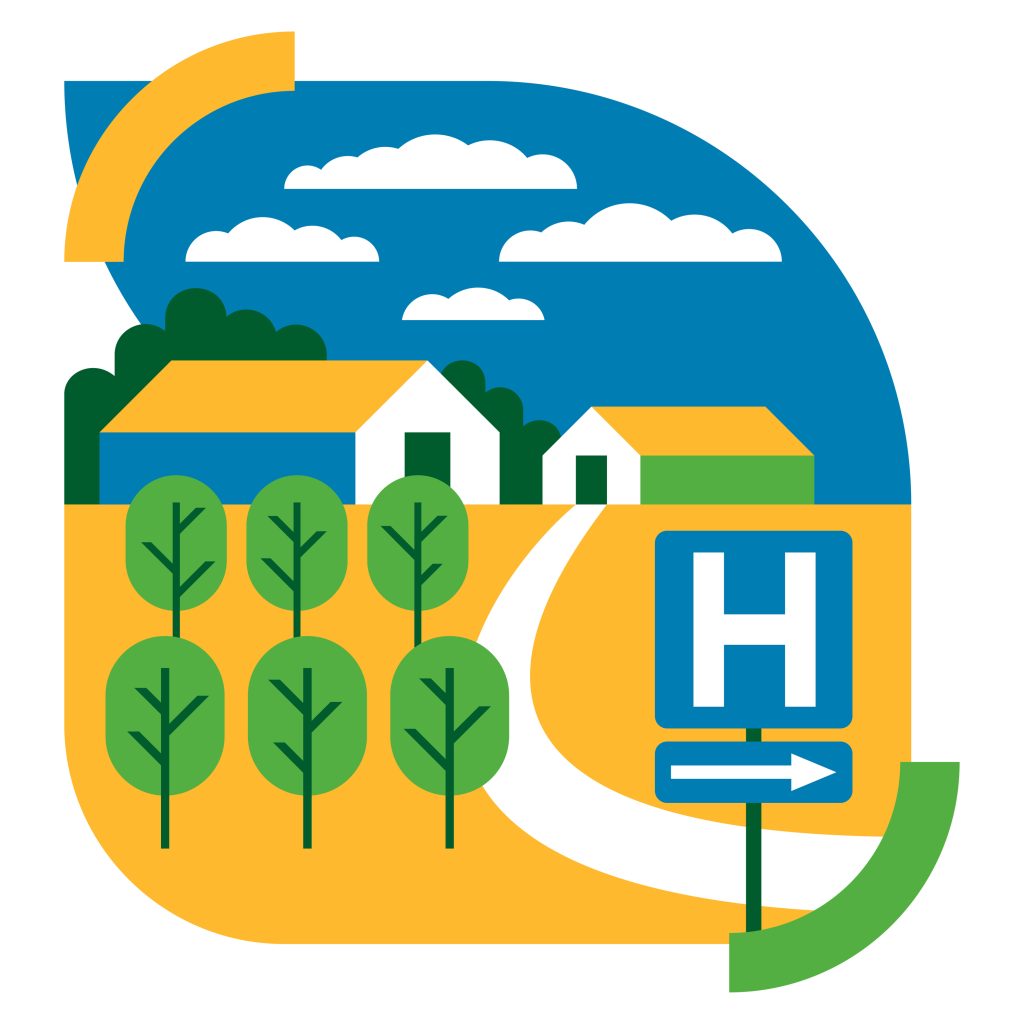November has been busy for everyone. Personally, it took me weeks to breathe that big sigh of relief that the political ad season is over. Unfortunately, as I jumped back into life, I realized that I had missed recognizing a few important days of observation this month.
November 21, 2024 was National Rural Health Day. What does that mean? It was a day created to remember the efforts that healthcare providers, community service organizations, and State Offices of Rural Health who provide for the healthcare needs of the diverse and rural population.*

From the point of view of rural residents (that includes me), I think our role is to thank them for serving our communities, visit our local health care providers, and become patients. Providers who choose to care for their rural neighbors often do this for less reimbursement. They often have to drive farther than they are generally comfortable with. If they choose to move, they suffer the reduction in services that many of their urban coworkers make use of.
We love to think of the slow pace of life, clean air, lack of noise and all that most of us think of coming with living in rural areas. All that peace comes with its drawbacks. Fewer grocery stores, doctors, dentists, and farther (sometimes much farther) to the nearest hospital and emergency room.
How does National Rural Health Day fit into RDHAP Connect and our oral health-related mission? Dental care can be expensive. Like their medical counterparts, dental providers find it expensive to set up practices and provide care in rural settings. There are counties and many rural communities in California with few dental providers. There are counties with one or no Medi-Cal Dental providers, meaning those covered by Medi-Cal Dental insurance may have to travel over 100 miles to get dental care.
Visiting your dentist and dental hygienist for regular preventive care – dental cleanings – is a win:win.
- The dentist gets patients in the office regularly. They count on their patients returning to ensure the future of their practice.
- The dentist is better able to employ local residents.
- Patients seen regularly tend to have healthier teeth and gums.
RDHAPs, private practicing dental hygienists, are still available to come to patient’s home who cannot make it to the dental office due to physical or cognitive disabilities. Homebound people can always find an RDHAP to care for them in their homes or living facilities. Contact RDHAP Connect so we can help you find a clinician to provide dental care for your homebound or facility-living family member.
If you want to find out more about how you can help improve health care in the rural communities of California, visit the California Rural Health Association website.
Happy Thanksgiving, Elena Francisco, RDHAP
A 2022 study found that the rural residents are generally older and less college-level education than urban dwelling Californians. More whites and people who speak primarily English at home and are native Californians live in rural areas. 1
